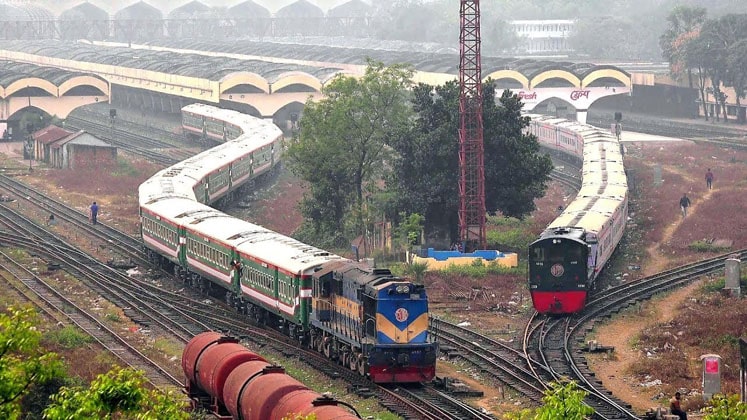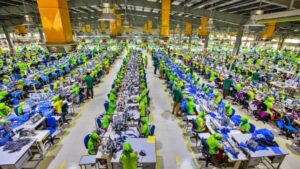
Following a payment dispute that led to a refusal to work overtime by Bangladesh Railway staff, factories in Bangladesh are grappling with supply chain delays even as the suspension of train services recently resulted in a buildup of containers in both Dhaka and Chittagong inland container depots (ICDs).
This is as per media reports, which further added in Dhaka ICD, approximately 1,704 TEU of full and empty containers have been stranded for four to five days, while in Chittagong, about 1,510 TEU has been waiting for over two weeks.
These containers reportedly hold crucial export cargo and raw materials for domestic garment manufacturing, causing concerns about potential production delays at factories.
The impact of these delays is already being felt by industry players. Rafayet Ullah, a senior official in a garment factory, pointed out that delayed raw material procurement results in production and shipment delays. Further complications arise from export containers missing their designated feeder vessels in Chittagong and the mother vessel in transshipment ports, leading to extended waiting times.
Mahbubul Alam, president of the Chittagong Chamber of Commerce and Industry (CCCI), confirmed that the production disruptions are indeed affecting factories. Moreover, if shippers are compelled to transport containers by road instead of trains, transport costs will rise, ultimately affecting end users.
The situation has been exacerbated by additional rail delays due to ongoing infrastructure work on the tracks. The eastern region of Bangladesh Railway is currently understaffed, having only 900 of the required 1,700 staff, including drivers and guards. As a result, the railway heavily depends on overtime work, but the recent cut in certain pension benefits for rail staff by the Ministry of Finance triggered the overtime strike, leading to the current delays.






